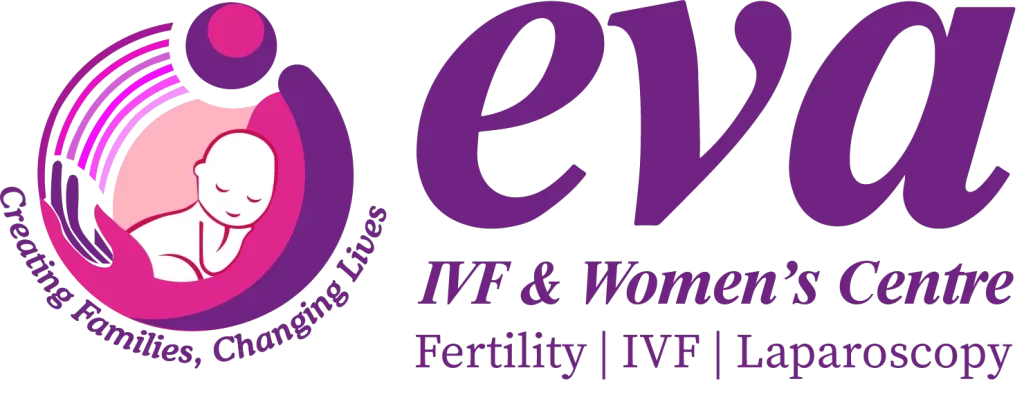Top 10 Reasons for Slow Growing
Follicles in IVF
How do Follicles Grow?
- Recruitment:
- Selection:
- Growth:
- Maturation of the Egg:
- Ovulation:
- Corpus Luteum Formation:
- Regression:
Why Do Follicles Grow Slowly?
Follicle growth, a crucial process in female reproductive health, can sometimes proceed at a slower pace than expected. The development of follicles, each containing an egg, is essential for ovulation and ultimately conception.
Follicles, which contain eggs, can grow slowly for various reasons. These are the top 10 reasons:
- Hormonal Imbalance:
- Polycystic Ovary Syndrome (PCOS):
- Advanced Age:
- Stress:
- Underlying Medical Conditions:
- Medications:
- Lifestyle Factors:
- Genetic Factors:
- Environmental Factors:
- Previous Surgeries or Procedures:
Treatments for Slow Follicle Growth:
When dealing with slow follicle growth, several treatment options may be considered based on the underlying cause and individual circumstances. It’s important to work closely with a healthcare provider or fertility specialist to determine the most appropriate treatment approach based on individual needs and circumstances. A comprehensive evaluation can help identify the underlying factors contributing to slow follicle growth and guide the selection of targeted interventions to optimize fertility outcomes.
At Eva IVF & Women’s Centre, they give personalized IVF protocols to solve the problem of slow growth of follicles. They will find the reason for your issue and give you the appropriate treatment. If follicles are nurtured well, IVF success rates increase proportionally.
